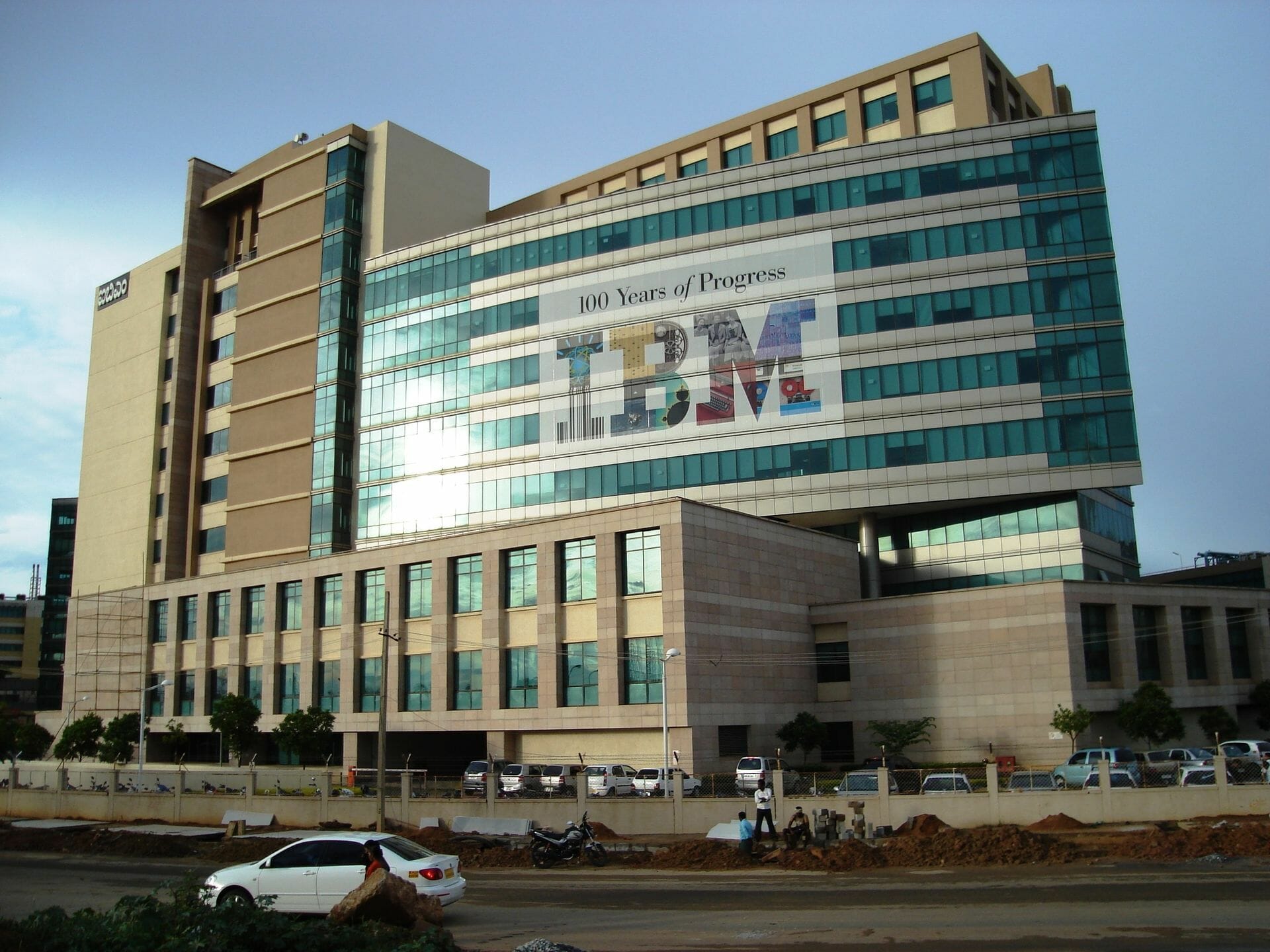IBM is giving Indian farmers and agritech startups the chance to use its weather monitoring tools for free during the country’s strict Covid-19 lockdown. The US tech firm is offering a 30-day free trial of its Operations Dashboard – developed by its subsidiary, The Weather Company – to assist smallholders and supply chain-focused startups with decision-making.
Sandip Patel, general manager, India and South Asia at IBM, unveiled the move in a LinkedIn post. “Apart from other logistical aspects, weather plays a key role in enabling a smooth flow of crops from farm to consumers,” he wrote.
“The [IBM] dashboard can help supply chain managers make faster, more informed decisions by combining our accurate weather forecasts with their unique business insights.”
Much of India is in the midst of the spring harvest, when crops sown in winter – locally referred to as ‘rabi crops‘ – are ready to go to market. However, given restrictions on movement brought on by the Covid-19 pandemic and the resultant shortage of labor, many farmers are struggling to get the harvest underway.
Himanshu Goyal, India business leader at The Weather Company, told AFN that IBM decided to offer free access to its tools after witnessing the severe agricultural supply chain problems caused by Covid-19.
“What spurred us [was] to address scarcity of essential resources. It is especially critical for farmers to make the correct decisions on harvesting, processing, storage, and supply of their produce, as well as for agritech companies to manage their on-ground operations including logistics,” he said.
“Our aim is to avoid wastage or spoilage of food at the farmer’s end due to inaccurate weather information and judgement.”
‘Cumulative impact as significant as large storms’
The Operations Dashboard combines weather forecast data with business insights provided by users, resulting in tailored advice. It can be accessed in both web and mobile formats, allowing farm workers to stay informed while in the field or on the move.
“No matter the industry, anticipating and preparing for the impact of weather on profits and losses is a difficult task,” said Goyal. “Conditions that are less severe but more frequent – such as extreme temperatures, precipitation, cloud cover, and wind speed – can have a cumulative impact as significant as large storms.”
IBM’s dashboard sends advance alerts to users when weather conditions are expected that could impact their business. It also provides context on how upcoming weather patterns might affect farming and supply chain activities, and offers recommendations on what actions users should take.
“For farmers and others in the agriculture sector, the key significance is the ability to understand rain, temperature, and road conditions [so they can] take decisions regarding storage or transportation,” Goyal said.
Improving bottom lines?
Goyal declined to name any agritech startups that are customers of the service, but said that IBM is working with companies “providing inputs to farmers” and it’s “already seeing a lot of interest.” Farmer-producer organizations are also using the dashboard to plan transportation, in order to get their produce to market or to warehouses at the right time and avoid wastage.
Taken together, this “improve[s] bottom lines of farmers, traders, as well as agritech startups,” he claimed.
However, IBM may have a hard time getting smallholders to sign up to its service – even for free.
Recent research by Grow Asia – focused on Southeast Asia – found that, while many smallholders are active users of technology solutions, they tend to eschew farmer-specific tools in favor of more general apps like WhatsApp and Facebook.
Smallholder respondents told researchers that they “overwhelmingly” prefer general messaging and social media platforms to support their farming operations, rather than industry-specific software.
A majority of respondents also confirmed they use basic mobile devices – rather than smartphones – to conduct much of their day-to-day business, largely by way of voice calls.
According to Newzoo, smartphone penetration in India stood at 25.3% of the population in 2019. This underlines the potential adoption hurdle faced by IBM and other agritech providers – though internet use is growing rapidly throughout the country, including in rural areas. Kantar found that rural India saw 35% growth in the number of internet users in 2018, and estimates there are around 290 million rural internet users today – or 33% of a total rural population of about 892 million.
IBM acquired The Weather Company’s product and technology assets from previous owners Bain Capital, NBCUniversal, and The Blackstone Group in January 2016 for over $2 billion, according to reports.





